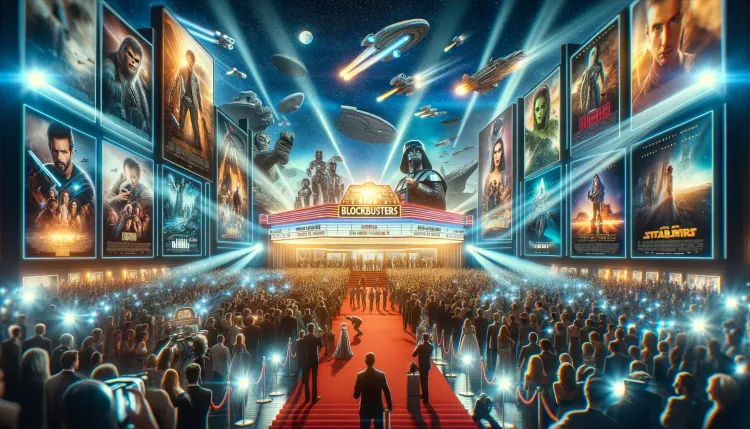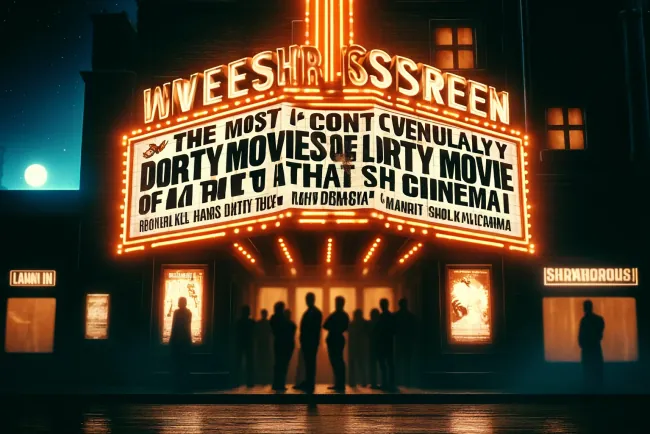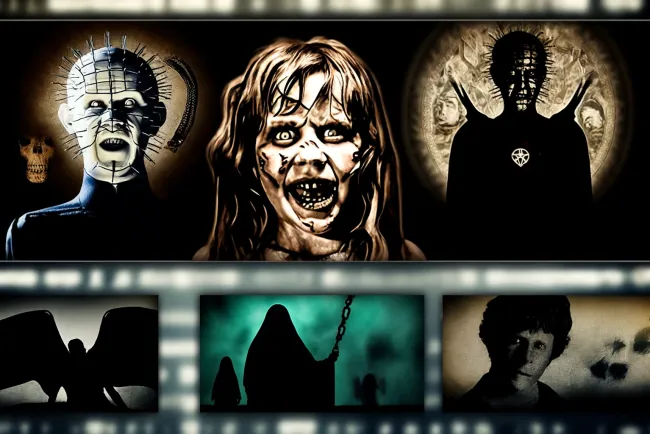The Rise of Blockbusters and Franchises in Modern Cinema
Discover how blockbusters and cinematic franchises have reshaped movie making, marketing, and viewing experiences worldwide

Blockbusters and Franchises: Transforming the Landscape of Cinema
The film industry has undergone significant transformations over the decades, but perhaps none as influential as the rise of blockbusters and franchises. This shift not only changed how movies are made and marketed but also how they are consumed by audiences worldwide. This article delves into the history, impact, and future of blockbuster films and major cinematic franchises.
The Birth of the Blockbuster
The term "blockbuster" originally referred to a bomb capable of destroying an entire city block during World War II, but in the film industry, it came to denote movies that are highly popular and financially successful. The concept of the blockbuster film as we know it today began in the 1970s with the release of "Jaws" in 1975. Directed by Steven Spielberg, "Jaws" was the first film to employ a wide release strategy and a significant marketing campaign, setting new standards for box office success and changing the movie business forever.
Following the success of "Jaws," the 1977 release of "Star Wars" by George Lucas further cemented the blockbuster formula: high stakes, high concept, and visually spectacular cinema that appealed to mass audiences. These films not only earned substantial box office revenues but also generated income from merchandise, setting a precedent for future blockbusters.
The Franchise Formula
As the economic impact of blockbusters like "Star Wars" became apparent, studios began to see the potential in creating sequels and developing franchises rather than investing solely in standalone films. A franchise typically consists of multiple films that are marketed as part of a larger, cohesive brand. This approach not only extends the life of the characters and the storyline but also maximizes the financial return through sequels, merchandise, theme park attractions, and even TV spin-offs.
Franchises such as "Harry Potter," "The Lord of the Rings," "Marvel Cinematic Universe," and "Star Wars" exemplify this strategy. They have created extensive worlds that keep audiences engaged over years and sometimes decades, encouraging repeat viewings and generating a loyal fan base.
Economic Impact
Blockbusters and franchises are now vital to the financial health of movie studios. These films are often the biggest revenue generators, compensating for the smaller returns or losses from less commercially successful films. The strategy also leverages global markets, as blockbusters are designed to appeal to an international audience, often accounting for a significant portion of their total box office haul.
Criticism and Challenges
Despite their financial success, blockbusters and franchises are not without criticism. Some critics argue that the focus on blockbuster filmmaking stifles creativity and originality, leading to a saturated market with similar types of films. There is also concern about the economic model, which puts immense pressure on these films to succeed, sometimes leading to conservative choices in storytelling and character development.
The Future
The future of blockbusters and franchises is continually evolving with technology and audience preferences. The rise of streaming services has introduced a new dynamic to the industry, with companies like Netflix and Amazon producing their own blockbuster-style content. Additionally, the push for more diversity in storytelling and representation has started to impact how franchises are developed and who they are meant to appeal to.
In conclusion, blockbusters and franchises have shaped the modern cinema landscape, defining what it means to be a success in the industry. While they offer incredible entertainment value and bring beloved characters and stories to life, they also reflect and necessitate changes in how movies are produced, marketed, and consumed on a global scale. As the industry continues to evolve, so too will the blockbuster and franchise model, adapting to new challenges and opportunities in the entertainment world.
What's Your Reaction?






















